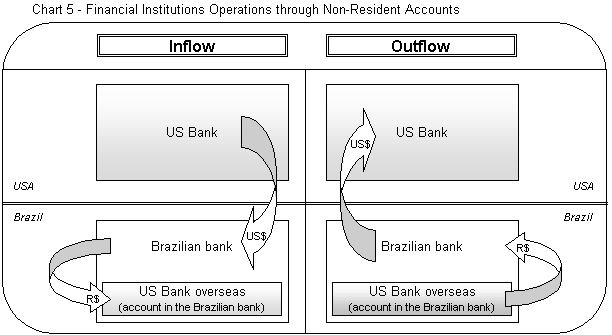I consider Brazil a place that does not offer enough safety for arbitration, specially if confidential information is at stake. And I just got new reasons to think so.
1) Do not arbitrate in Brazil;
2) If arbitration in Brazil is mandatory for some reason, use the Bar Association arbitration chambers, and use only (or mostly) lawyers as arbitrators;
3) Add an obligation to destroy the arbitration procedure's records.
The main reason for that is the Brazilian Revenue Service insistence on requesting full copy of the arbitration records from the arbitration chambers. They claim that arbitration has become a way to dodge taxes.
Well, just the other day, the main arbitration chambers of Brazil obtained a provisional ruling that exempted them from exhibiting their records to the IRS. The good news generated a lot of celebration. Many people inside my law firm have requested me to correct myself, and post an article saying how the injustice against arbitration had been corrected.
The thing is, I was not so sure about doing that. As any lawyer, I hate to stand corrected. And, as every Brazilian, a have a deep distrust of government.
Turns out I was right to wait. The provisional ruling has been reverted (news here, from Valor website). The Brazilian IRS took the opportunity to take the remaining files from the arbitration chamber, so that any new reversion of the ruling will be, in practice, devoid of meaning for the current files.
Anyway, I hope the final decision leans toward arbitration.
Also, we have a new arbitration law being discussed. Maybe this absurd will be corrected in the new law.
For now, please follow the rules I have described in Part 1:
2) If arbitration in Brazil is mandatory for some reason, use the Bar Association arbitration chambers, and use only (or mostly) lawyers as arbitrators;
3) Add an obligation to destroy the arbitration procedure's records.

